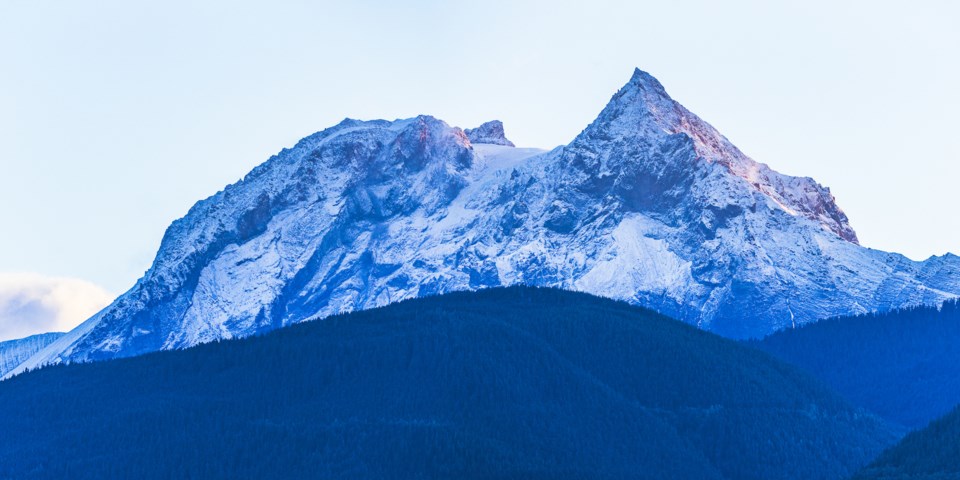Newly published research reconfirms a high threat level for several Sea to Sky volcanoes, but one of the co-authors says locals should worry about the threat as much as they would for other natural hazards.
Research co-author , recently published an article alongside co-author Alexander Wilson titled Assessing the relative threats from Canadian Volcanoes in the Canadian Journal of Earth Sciences.
Using methods developed by the United States Geological Survey, the authors assessed 28 Canadian volcanoes and found Mount Garibaldi (Nch’k瘫ay虛) and Mount Meager (Qwe虛 lqwe虛 lu虂sten) to be among the highest current volcanic threats in the country. Yet, Kelman said this was unsurprising as she had taken part in previous research that said much of the same.
“That’s not really too surprising because most volcanoes worldwide are under monitored, according to the best standards that we can come up with,” she explained. “And many volcanoes in the world are totally unmonitored.”
Both Garibaldi and Meager have many recent known eruptions, some of which Kelman said were only about 9,000 and 3,000 years ago respectively. While that timeline may seem a long time ago, geologically speaking Kelman said volcanoes can live for millions of years.
“A lot of volcanoes, they can go for tens of thousands of years without an eruption, and then have a really big eruption,” she said.
Additionally, some of the high threat ranking is because the two volcanoes are situated near populated areas with infrastructure, such as Squamish. But Kelman downplayed any imminent doom residents may be feeling.
“I don’t think it’s something that people should be very worried about any more than they are about other natural hazards,” Kelman said, listing incidents like the November 2021 atmospheric river that caused flooding in parts of Squamish. “Of course, they’re worthy of some concern and preparedness, but should you lie awake at night? You know, I don’t think so.”
Kelman, who corresponded project, said the same research continues, part of which is using interferometric synthetic aperture radar or InSAR to monitor the volcano. Kelman described InSAR as comparing satellite images in hopes of seeing the possible deformations of a volcano.
“This would be very subtle ground movements, on the scale of millimetres, and those may be indications that there's magmatic unrest,” she said.
She added the InSAR monitoring will continue permanently by Natural Resources Canada after the project’s end date, which was recently extended to 2026.
Kelman said one of the challenges with volcanoes is that volcanic events are infrequent, so it is difficult to ascertain how to allocate resources.
“Nobody has a living memory of an eruption in Canada,” she said. “But at the same time, the consequences of an event could be really big.”
As such, maintaining the ongoing research about the threat level of volcanoes sets a baseline understanding and may help potentially focus resources.
“The goal … was just to get a better top-down understanding of volcanic threat in Canada so that we can make more rational decisions.”
Read .
